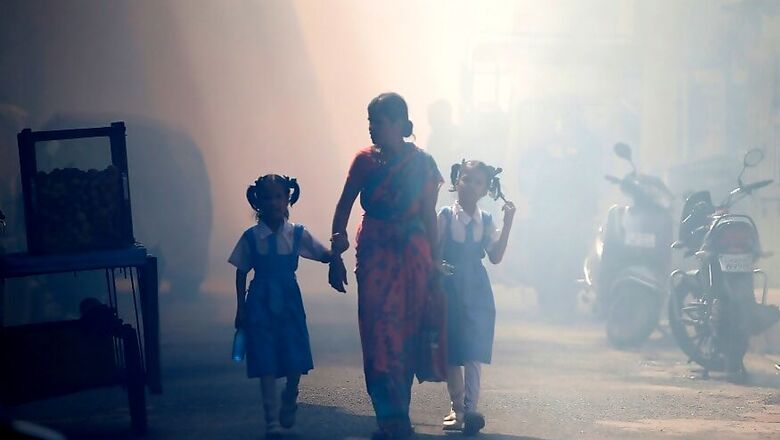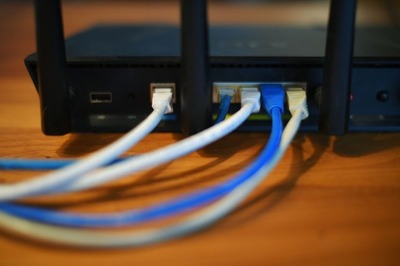
views
Dengue, which is one of the fastest emerging pandemic-prone viral disease, is a mosquito-borne illness that mostly spreads in economically backward regions in urban areas and is also found in suburbs and the countryside with equal élan if places do not maintain proper sanitation standards.
A mosquito-borne viral infection, that causes severe flu-like illness, the incidents of dengue has increased 30-fold over the last five decades and now up to 50-100 million are estimated to occur annually around the world.
With symptoms ranging from fever, muscle pain and weakness, it is best to get a blood test done to determine whether a person has contracted dengue or not.
The only way to detect dengue is through a lab test, The Times of India reported. There are quite a few lab tests out in the market. One has to take a test depending on the time of infection and the appearance of symptoms. Here are a few examples:
Dengue NS1 Antigen: Introduced in 2006, it allows for rapid detection on first day of fever, before the appearance of antibodies another five days later. However, the test does not differentiate between different dengue serotypes and its sensitivity is higher in primary infection than in secondary infection. Test results can be obtained within a day.
Immunoglobulin M (IgM): The test looks for antibodies in the blood that appear in the early course of the disease and can help distinguish between first time infection and secondary infection. One should get the test done if they are experiencing symptoms for more than a week. It is not recommended for people having secondary dengue. Results can be determined within 30 minutes.
Immunoglobulin G (IgG): Done six to 10 days after the infection, it is used to detect infection in the later course of the disease. This is the time the level of IgG has increased in the blood. It is the best way to distinguish between primary and secondary infections. However, it is not advised for acute infections.
Dengue RNA PCR test: Introduced in 2012, it can run on equipment used to diagnose influenza and is used to determine dengue virus in the early course of the infection. It furthermore, helps to identify the different serotypes of the dengue virus but is not widely prevalent.



















Comments
0 comment